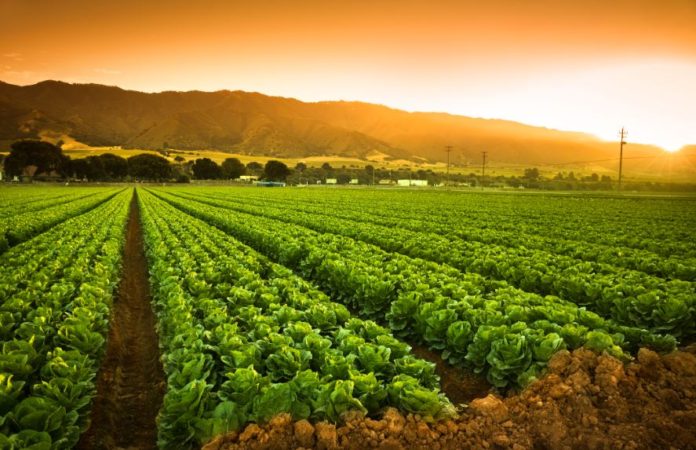
Tanzania is setting ambitious targets to expand its agricultural exports, seeking to reach $5 billion in value by 2030 as part of a broader strategy to cement its position on international markets.
This goal reflects the country’s ongoing efforts to capitalise on its booming agricultural sector and establish itself as a trusted supplier of quality produce worldwide.
Speaking at an agricultural fair in northern Tanzania held from August 1 to 8, 2025, Gabriel Mganga, representative of the Tanzanian Plant Health and Pesticides Authority (TPHPA), highlighted significant challenges faced by local exporters.
“Many shipments are blocked or refused due to failure to comply with health protocols imposed by foreign markets,” he explained.
“This lack of compliance not only results in financial losses, but also reduces opportunities for penetrating new markets.”
To tackle these obstacles, the TPHPA is rolling out a series of technical and commercial reforms.
These include enhancing inspection and control procedures, providing exporters with detailed information on country-specific regulations, and implementing certifications that align with international standards.
Such measures aim to improve the quality and safety of Tanzania’s agricultural exports, ensuring they meet the rigorous demands of global buyers.
In parallel, Tanzanian authorities are actively working to broaden their network of trade agreements. By reducing regulatory and logistical barriers, they hope to facilitate smoother market access for farmers and exporters alike.
These concerted efforts come as Tanzania seeks to transform its agricultural sector into a key driver of economic growth and foreign exchange earnings. With nearly 70% of the population engaged in farming, the sector remains central to livelihoods and national development.
As Tanzania pursues this $5 billion export target, the success of its reforms will be crucial in opening new markets and enhancing the competitiveness of its agricultural products on the global stage.



